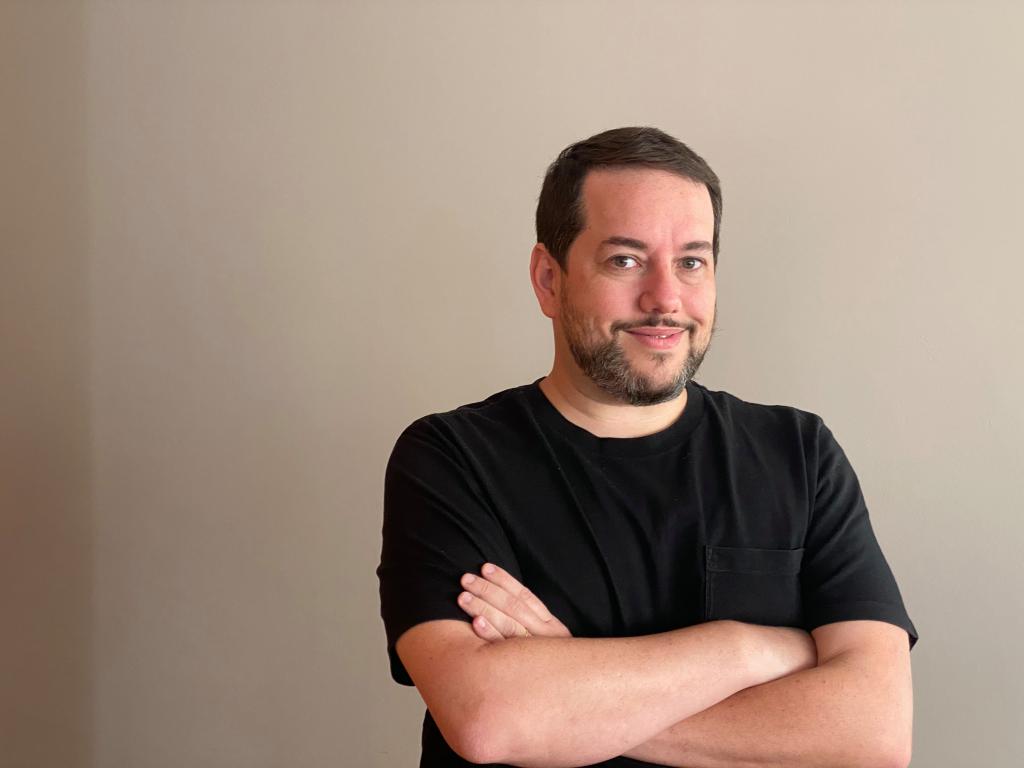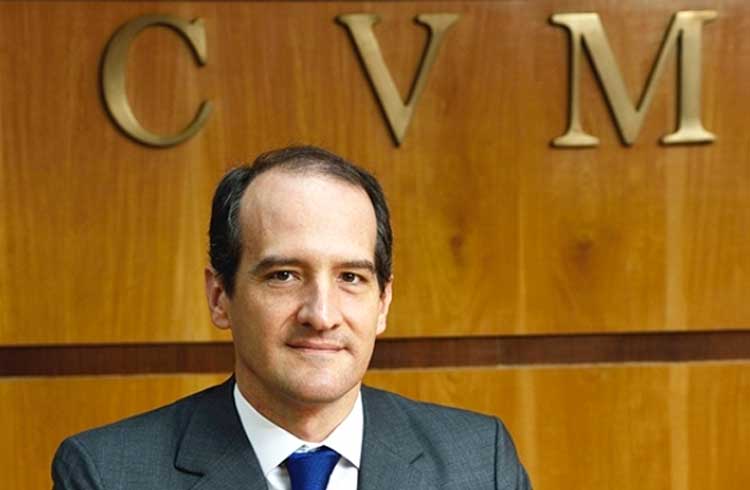RIO DE JANEIRO, BRAZIL – With the SELIC rate at its lowest ever, fixed income is no longer enough to meet the return demanded by Brazilian investors. As a result, the number of individual stock market investors has skyrocketed in the B3 exchange since last year. In July this year, there were 2.8 million – in early 2019, there were just over 800,000.
In this context, Banco Maré’s entrepreneurs want to launch a new stock exchange in the country, ending a long-standing monopoly of the B3, but with a different approach: social and environmental impact startups. The goal is to democratize access to variable income and ease the financing of companies that struggle to attract contributions from angel investors.
Banco Maré is a fintech that emerged as an investment platform in 2016 in the sprawling favela in Rio known as the Complexo da Maré, designed to provide financial services to a population marginalized by large banks. In four years, the number of active clients has exceeded 37,000. They can make payments, deposits, and purchases using “Palafita”, the bank’s digital currency.

“We know how difficult it is for a social impact startup to capitalize. It’s much easier abroad, where there’s a much greater concern with sustainability [ESG] than here,” said Alexander Albuquerque, co-founder of Banco Maré. “We had few investors in Brazil, the main ones came from abroad. In the United States, 40 percent of investors invest in companies with an impact.”
“When you’re a startup, you have to speak to everyone. But when you say you’re an impact startup, there are people [investors] who don’t want to speak to you. When you say you’re a social impact startup in a favela and moreover in the financial sector, not even your mother wants to speak to you,” joked Banco Maré’s CEO.
Eduardo Baumel, who aspires to becoming CEO of the future stock market, believes that the Covid-19 pandemic has evidenced the value of impact investment. According to him, the aim is to attract small donors to turn them into partners in companies that yield profits for themselves and their communities.
“A startup that operates in favelas, as it grows, employs more local workers and makes the economy turn over within the community. It is money that offers an individual return to investors in the medium and long term while benefiting society as a whole,” he said.
(bvm:)12
The new exchange will be called “(bvm:)12” – Maré Stock Exchange – and will have its headquarters in Rio de Janeiro, near Santos Dumont Airport, but entrepreneurs want to open a branch in New York, in the United States, next year. The 12 in the name is a reference to its main index, which will have shares of 12 companies that have already shown interest in having listed shares – two from Africa, one from India, one from Colombia, and the remainder from Brazil.
“First we’re going to list the Brazilian companies and only then the foreign ones because the CVM [Brazil’s SEC] has to advise us how we should do this,” Baumel said. The future CEO of (bvm:)12 expects it to start operating later this year and hopes to attract some 150,000 investors right at the start of operations.
But that will depend on the CVM since the (bvm:)12 intends to fit into the “sandbox” rules announced by the regulatory agency in May (Instruction 626). Very common abroad, the sandbox is a testing environment controlled and supervised by the CVM so that companies can safely innovate in the capital market. It was an old market demand that has only just begun to emerge in Brazil – at a slow pace.
Although the CVM introduced the sandbox rules in May and a committee has been created to this end, the regulatory agency has not yet disclosed when it will start receiving requests for authorization for projects such as the (bvm:)12 to start operating. In contact with InfoMoney, the CVM press office reported that this should be done soon – and only then will the calendar with dates for the analysis and ideas approval process be released.
“We have already sought out the CVM and they are aware of our plan to launch a new exchange in Brazil. We are setting up our whole structure within the announced sandbox rules to apply as soon as the CVM allows it,” said Baumel. The operational cost of the (bvm:)12, for now, has been paid by Banco Maré.
“We believe the project will be accepted by the CVM for the sandbox, since it complies with all rules and we are well structured. This is our expectation. But in the unlikely event of a negative reply from them, then we would resort to CVM Instruction 588, calling for the relaxation of some specific rules, and we would establish the secondary market abroad; but we believe this will not be the case,” said Albuquerque.
“It’s an opportunity for Brazil and for the world because impact companies from anywhere will be able to be listed here. To have a stock exchange that can make such an impact globally having been born in one of the poorest and most violent complexes in Latin America was unthinkable a while back, but today it is a reality,” added Banco Maré’s CEO.
How the new stock exchange will operate
The entrepreneurs expect that the new stock exchange’s trading currency – as investors will buy and sell shares – will be the Palafita, the digital currency already used by Banco Maré. To invest, it will not be necessary to be a fintech client, but those who already have an account there will have their registration facilitated at the (bvm:)12.
The registration rules, as well as the negotiation and structuring details of the new stock exchange, will be defined together with the CVM, should the project be approved for the sandbox. Entrepreneurs aim to simplify investment in the exchange, yet while maintaining the safety of all involved.
“We are developing a system for information to flow between the company, the stock exchange, the CVM, and the end investor in an automated way through blockchain. The final terms are still under negotiation, but the plan is to reduce costs with auditing and IR [investor relations] while preserving safety. The R3 blockchain consortium, the social impact business accelerator Artemisia and the law firm Vieira Rezende are among the partners helping us structure the project,” Baumel said.
A major difference between the (bvm:)12 and a traditional exchange like the B3 is the means by which people will be able to buy and sell assets. Currently, to buy shares in the B3, investors must have an account with a brokerage house duly authorized by the CVM and the Central Bank to operate. At the (bvm:)12, investors are expected to be able to do this using digital portfolios.
“We will have a partnership with PicPay, for one. Those who already use the fintech platform could operate at the (bvm:)12 through it. PicPay currently has 20 million customers. These are now 20 million people who could buy shares on the new stock exchange,” said the CEO. “In this case, investors would pay a monthly fee of R$4, it had to be an affordable amount.”
Startups that want to be listed on the (bvm:)12 will need to have been accelerated by one of the new exchange’s partners, such as Artemisia or Estação Hack, a Facebook acceleration project. “So we’ve made sure that we’ve already conducted a first data collection and analysis of the company’s accounting. These are factors that ensure a seal of quality,” Baumel said.

Regulatory Sandbox
CVM Instruction 626, which regulates the creation and operation of the regulatory sandbox in Brazil, was published by the CVM on May 15th this year. The initiative, according to the regulatory agency, aims to foster entrepreneurship and the development of the Brazilian capital market by creating an experimental regulatory environment in which participants can test innovative business models in activities regulated by the CVM.
“The sandbox has proven to be a suitable tool for fostering innovation and competition in regulated markets, as can be seen from international experience. We hope that the sandbox will also attract companies in Brazil that, based on new technologies or the innovative use of existing technologies, produce positive results for capital market users of products and services, with profits for the whole market environment,” Marcelo Barbosa, president of the CVM, said in a note.
Participants accepted in the sandbox will receive temporary authorization from the CVM to develop their innovative business models and may be exempted from regulatory requirements to reduce the burden of compliance with the rules in force established by the authority.
On the other hand, conditions and limits to the participant’s operations will be established, as well as safeguards to mitigate identified risks in order to ensure the efficient operation of the market and to protect clients and other interested parties. In addition, the participant will be continuously monitored by the CVM.
Responsibility
“The pandemic has raised increased awareness of social impact projects. In this sense, the initiative is very welcome,” said Guilherme Horn, director of strategy and innovation at BV, who earlier founded Órama and passed through Ágora and Accenture, and is very highly regarded among startups in Brazil.
“Creating a stock exchange is something complex, which requires the development of rules, processes, and systems that ensure fair mechanisms that preserve the platform’s stability. It is a great challenge.” Horn added.
According to Baumel and Albuquerque, many angel investors understand that social return is incompatible with profit, which is why impact startups struggle to secure financing. Manager Fábio Alperovich, from Fama Investments, who invests in companies with good sustainability practices, stressed that profit is also something important for these companies.
“Companies that do not care will not find investors. Impact companies have to make as much or more profit as other companies. The fact that they are creating a positive impact is not enough, they can not abandon the pursuit of economic profit because of the socio-environmental impact they are causing, otherwise, it becomes philanthropy,” said the manager.
“The companies listed there [at the (bvm:)12] must not abandon profit. The creation of the new stock exchange by itself will not encourage companies to become more focused on the socio-environmental impact. What will encourage them is understanding that the world has changed, that consumers in general, particularly the new generation, are more concerned and attentive to environmental and social issues, and companies that ignore this will lose consumers,” he concluded.
Source: InfoMoney

